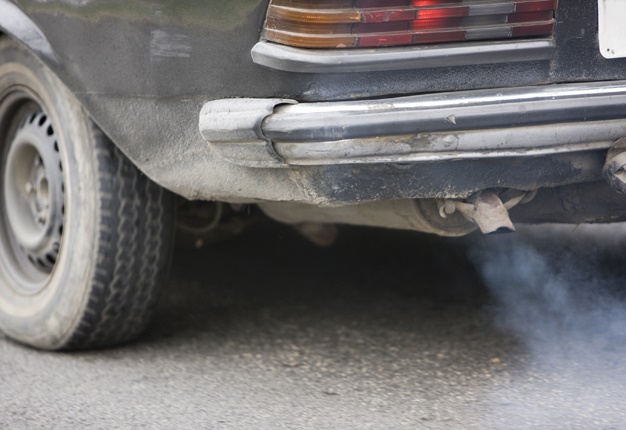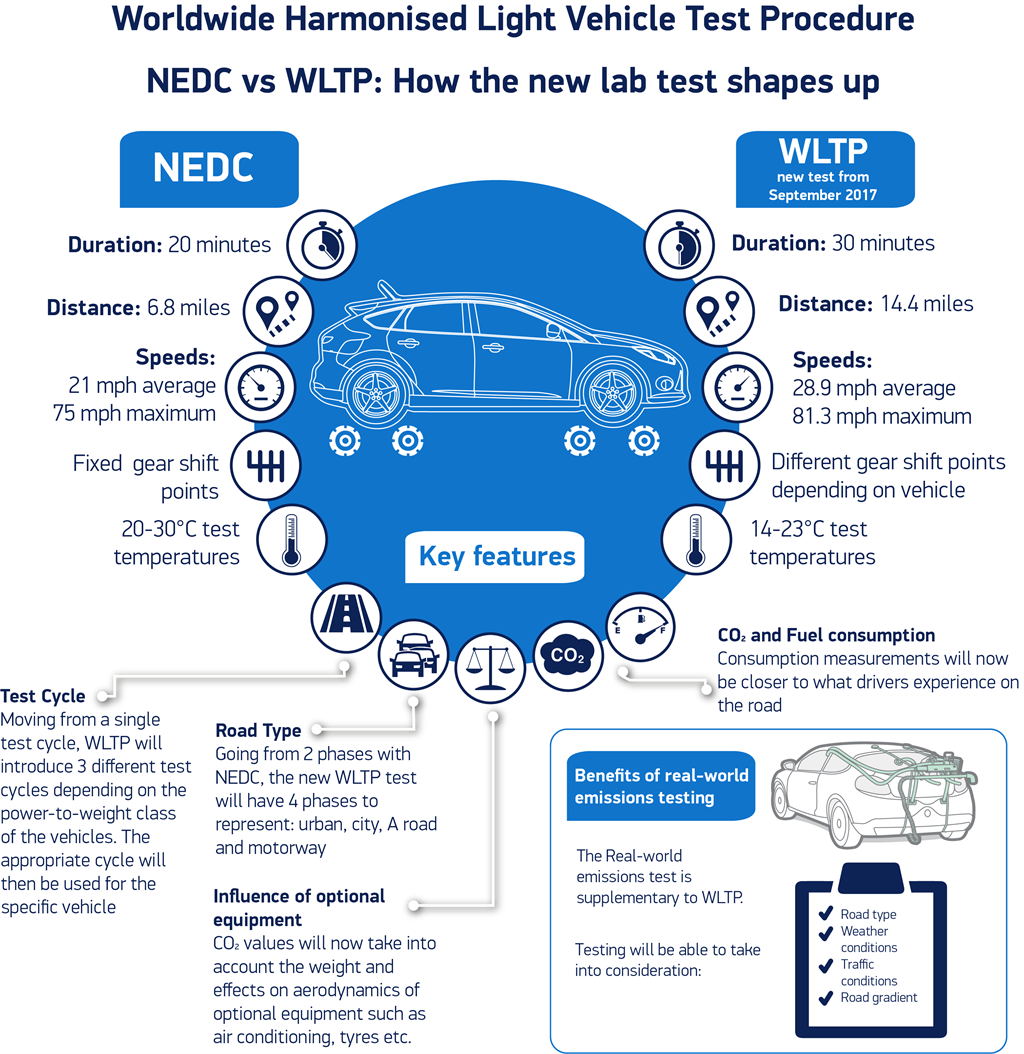
• Toughest new car emissions tests
• All new models sold in UK to undergo test
• More representative CO2 and fuel economy figures
• Goal to reduce emissions and improve air quality
London - European motorists are set to benefit from more realistic emissions and fuel economy performance data after two new groundbreaking EU car tests come into force today, replacing a single test that hasn’t been updated for 20 years.
The new tests, which measure everything from fuel consumption and carbon dioxide (CO2), to nitrogen oxides (NOX), particulates by mass and number (PM/PN) and carbon monoxide (CO), are part of European regulations designed to improve air quality and tackle climate change. As well as a tough new laboratory test, all newly launched car models will have to undergo robust official on-road testing before they go on sale – an element that no other vehicle testing regime in the world requires.
EU regulators and national governments have been working, with the support of industry, to address this by making testing more relevant to modern vehicles and consumer needs.
Worldwide Harmonised Light Vehicle Test Producer:
Over the past 20 years, vehicles have advanced at a rapid rate, with high tech safety and comfort features, from electronic stability control, parking sensors and airbags, to air conditioning, heated windscreens and electric seats now increasingly fitted as standard.
However, the way they are tested has not kept pace, resulting in a gap between performance in the lab and on-road where fitment of these in-car technologies can differ across models, and conditions such as speed, congestion, road surface and driving style can vary dramatically from journey to journey and driver to driver.
More realistic driving behaviour:
• Higher average and maximum speeds
• Shorter stops
• Longer test distance and time
• Higher average and maximum drive power
• Test temperature set at 23°C
• Different gear shifts
• More rapid acceleration/deceleration
• Better range of driving to represent the city, urban, a road and motorway
• Fuel consumption and emissions figures that better represent results achieved by drivers
The test will measure:
• Fuel consumption
• CO2emissions
• Pollutant emissions
• Energy consumption for electric vehicles and plug-in hybrids
Real Driving Emissions (RDE)
The WLTP is complemented by an on-road test called Real Driving Emissions (RDE), which will ensure the vehicle’s lab test performance is matched on the road. RDE works by fitting equipment called a Portable Emissions Measurement System (PEMS) to the vehicle, which measures emissions while the vehicle is driven on the road.
Given the huge differences in temperature, road and vehicle conditions as well as driving styles, no lab test can ever replicate exactly what happens on the road. RDE testing will demonstrate that new cars’ low emissions are achieved in these real world conditions.
RDE will also include some extreme driving conditions, rarely encountered by most motorists, for example carrying a heavy load up a steep hill at high speed in very low temperatures.
To allow for the margins of error in highly sensitive PEMS equipment and the test itself, there is a tolerance allowed on top of the laboratory limits – known as the conformity factor.
If the vehicle meets these requirements, as independently witnessed by a government-appointed independent approval agency, it will be approved for sale in Europe.




 Publications
Publications
 Partners
Partners
















